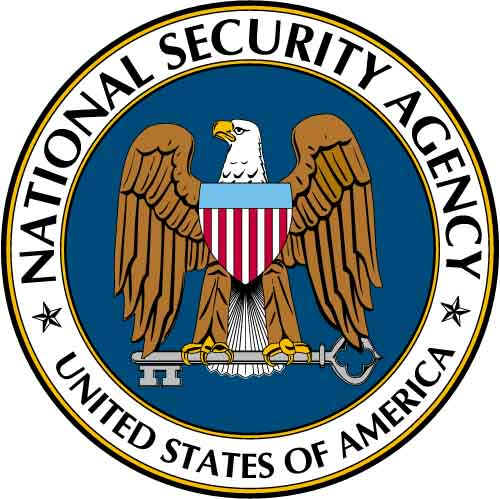
It connects you to the world, but your cell phone could also be giving anyone from your boss to your wife a window into your every move. The same technology that lets you stay in touch on-the-go can now let others tap into your private world — without you ever even suspecting something is awry.
The new generation
Long gone are the days of simple wiretapping, when the worst your phone could do was let someone listen in to your conversations. The new generation of cell phone spying tools provides a lot more power.
Eavesdropping is easy. All it takes is a two-minute software install and someone can record your calls and monitor your text messages. They can even set up systems to be automatically alerted when you dial a certain number, then instantly patched into your conversation. Anyone who can perform a basic internet search can find the tools and figure out how to do it in no time.
But the scarier stuff is what your phone can do when you aren’t even using it. Let’s start with your location.
Simple surveillance
You don’t have to plant a CIA-style bug to conduct surveillance any more. A service called World Tracker lets you use data from cell phone towers and GPS systems to pinpoint anyone’s exact whereabouts, any time — as long as they’ve got their phone on them.
All you have to do is log on to the web site and enter the target phone number. The site sends a single text message to the phone that requires one response for confirmation. Once the response is sent, you are locked in to their location and can track them step-by-step. The response is only required the first time the phone is contacted, so you can imagine how easily it could be handled without the phone’s owner even knowing.
Once connected, the service shows you the exact location of the phone by the minute, conveniently pinpointed on a Google Map. So far, the service is only available in the UK, but the company has indicated plans to expand its service to other countries soon.
 Advanced eavesdropping
Advanced eavesdropping
So you’ve figured out where someone is, but now you want to know what they’re actually doing. Turns out you can listen in, even if they aren’t talking on their phone.
Read the rest of this highly recommended article here: geeksaresexy.net
May 5, 2008
By JR Raphael
Contributing Writer, [GAS]








